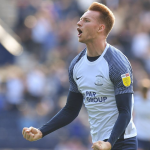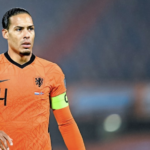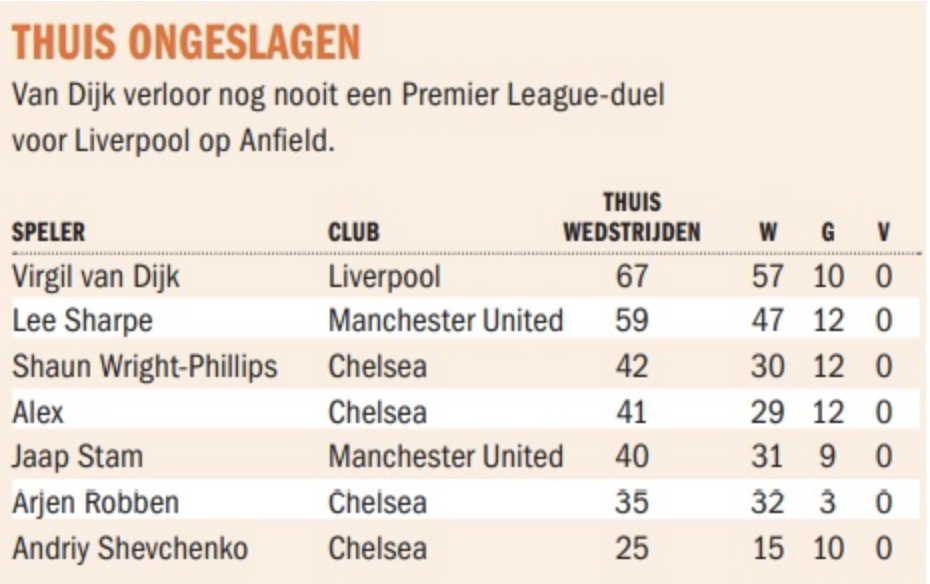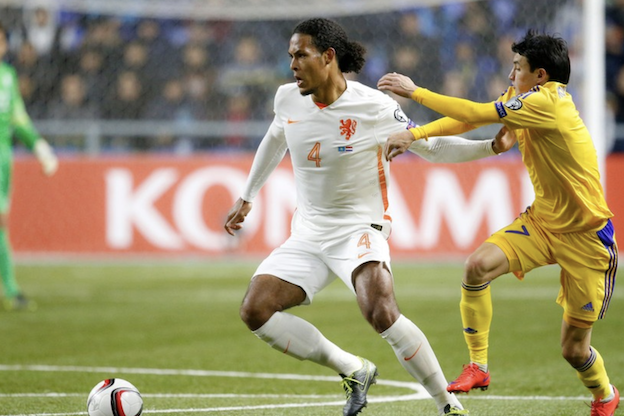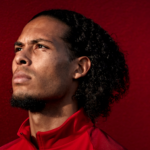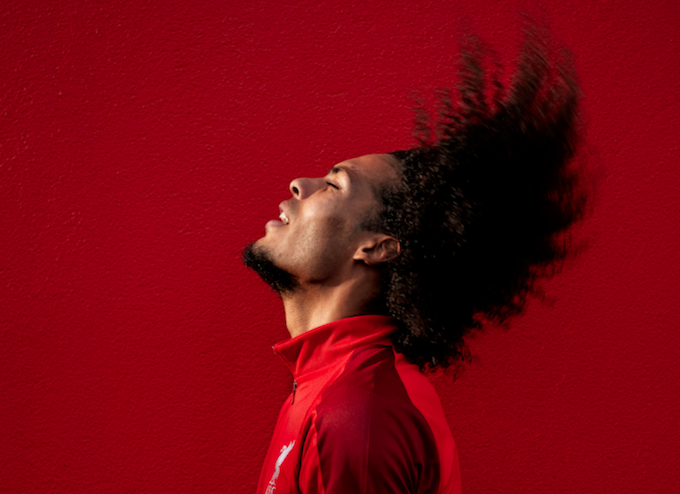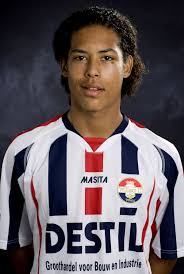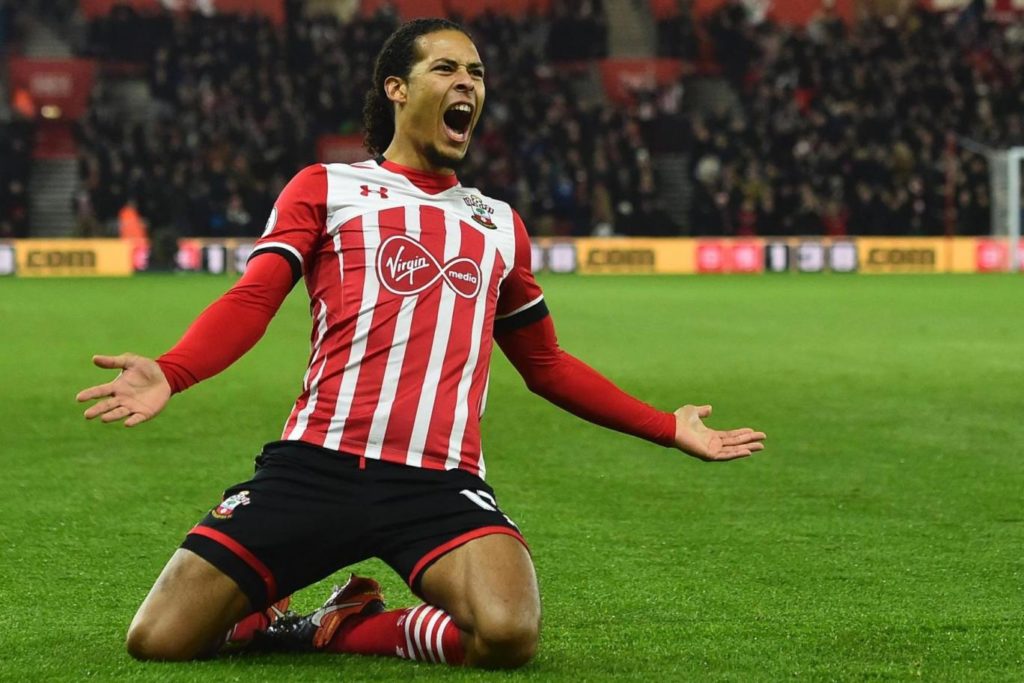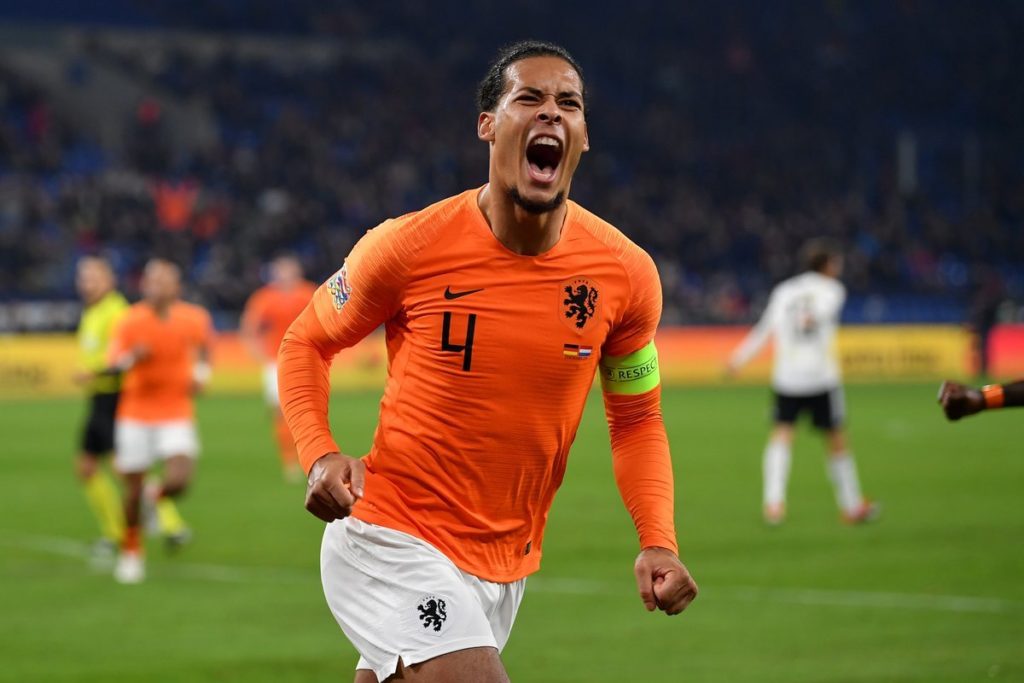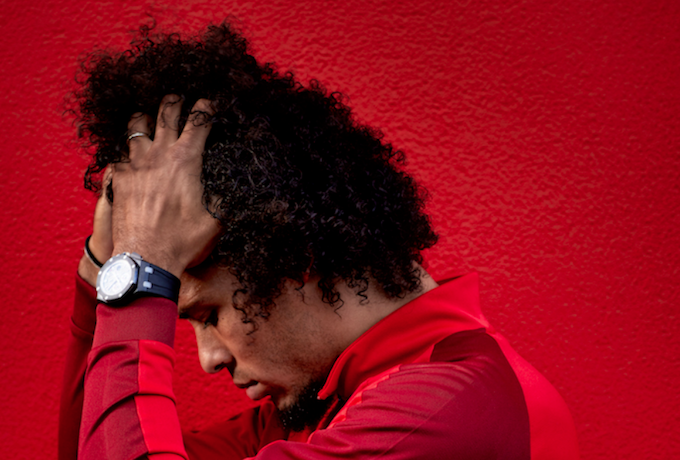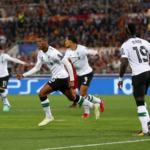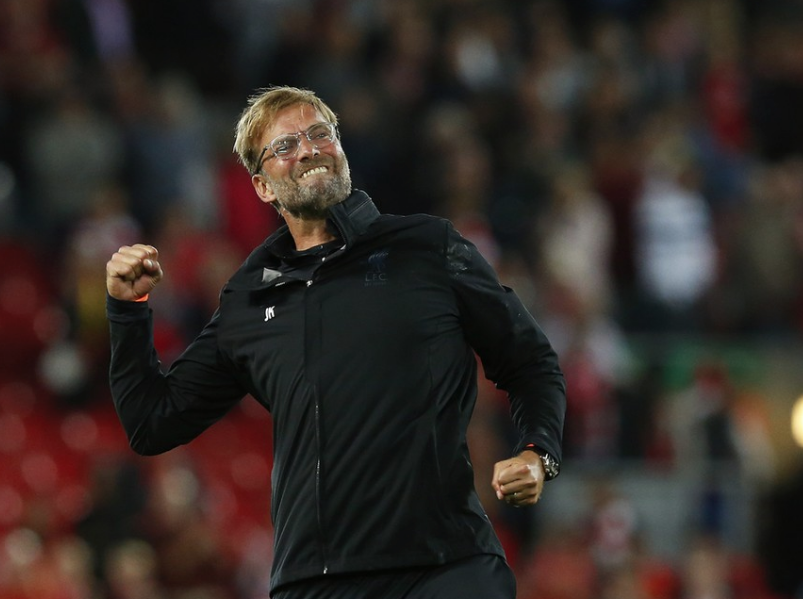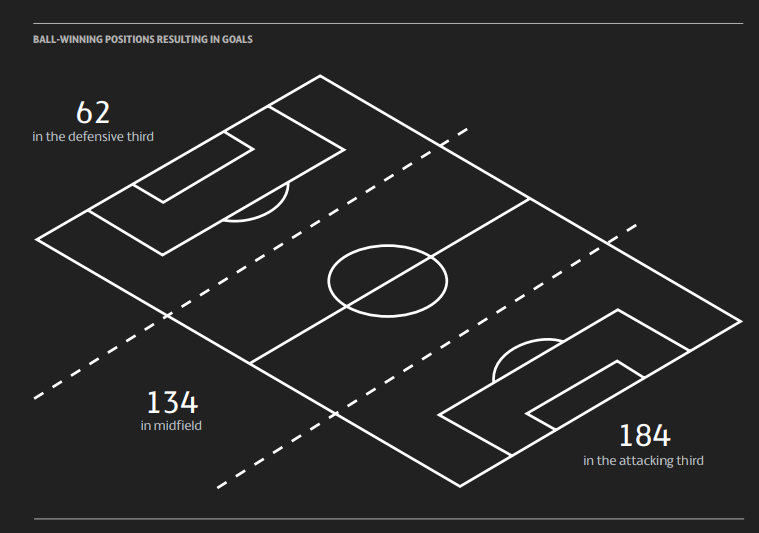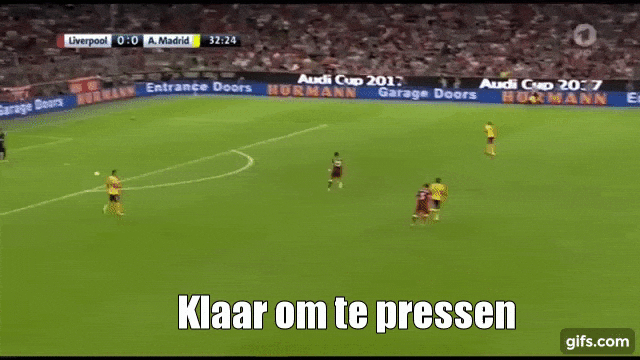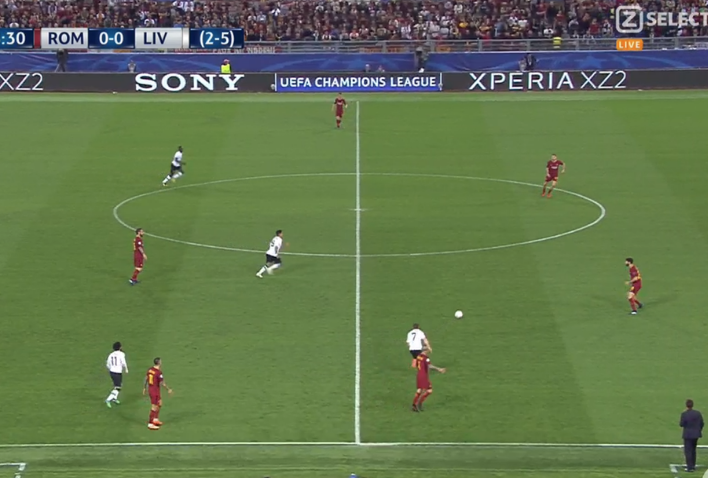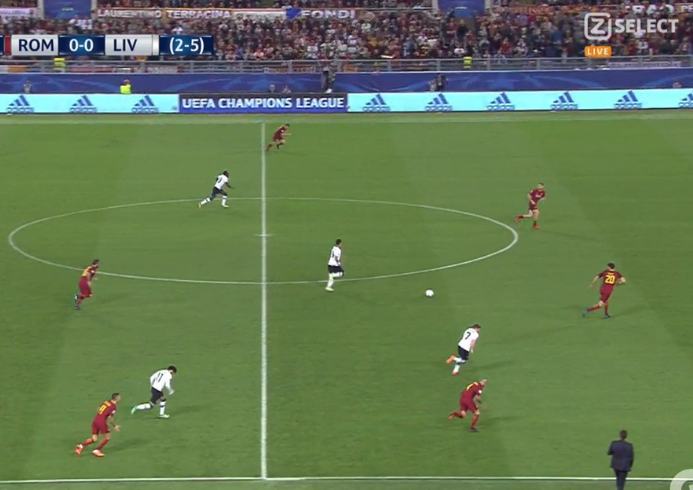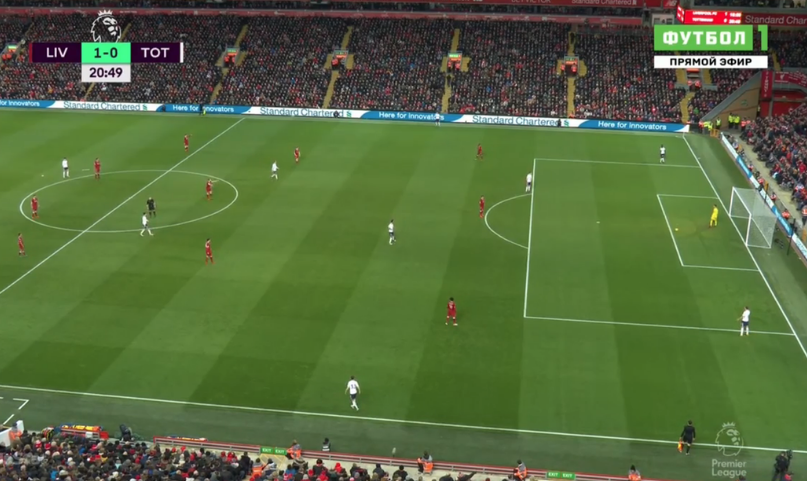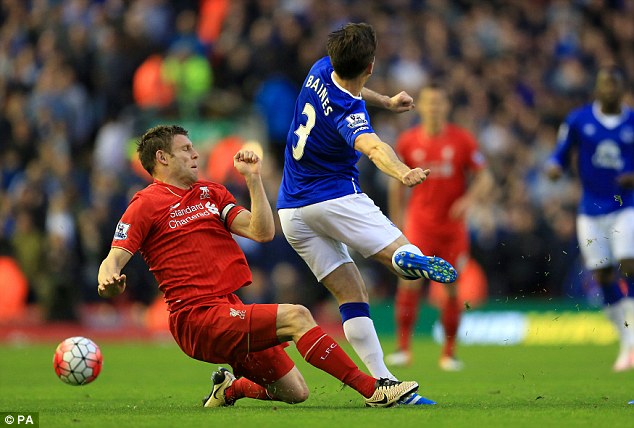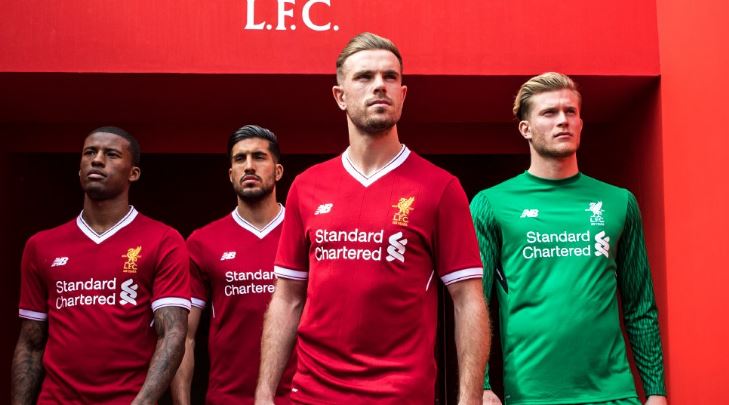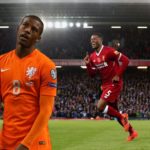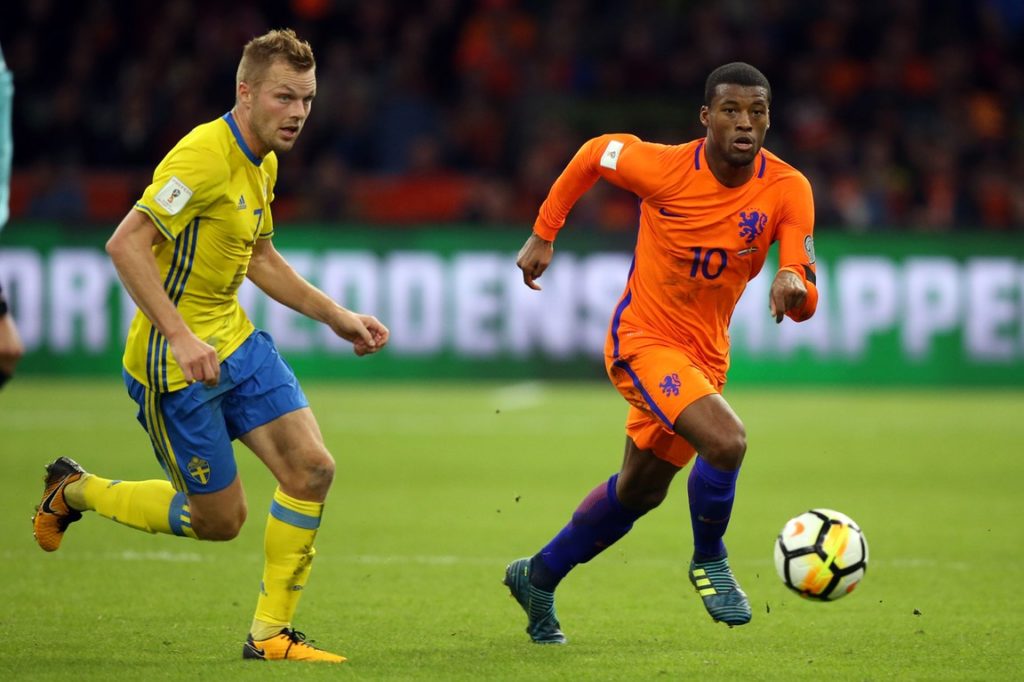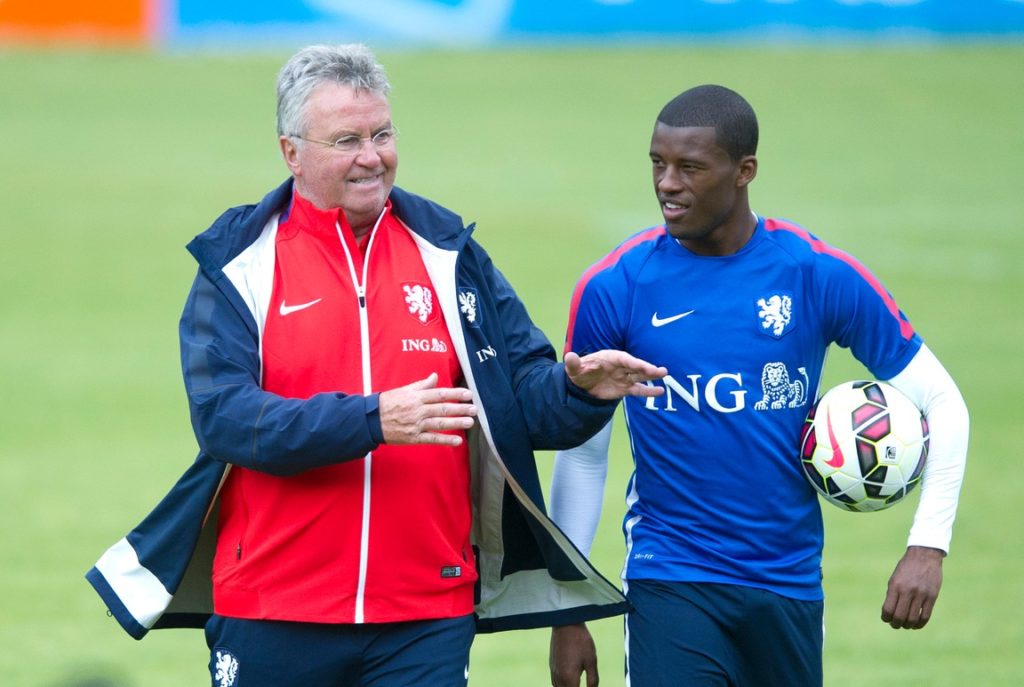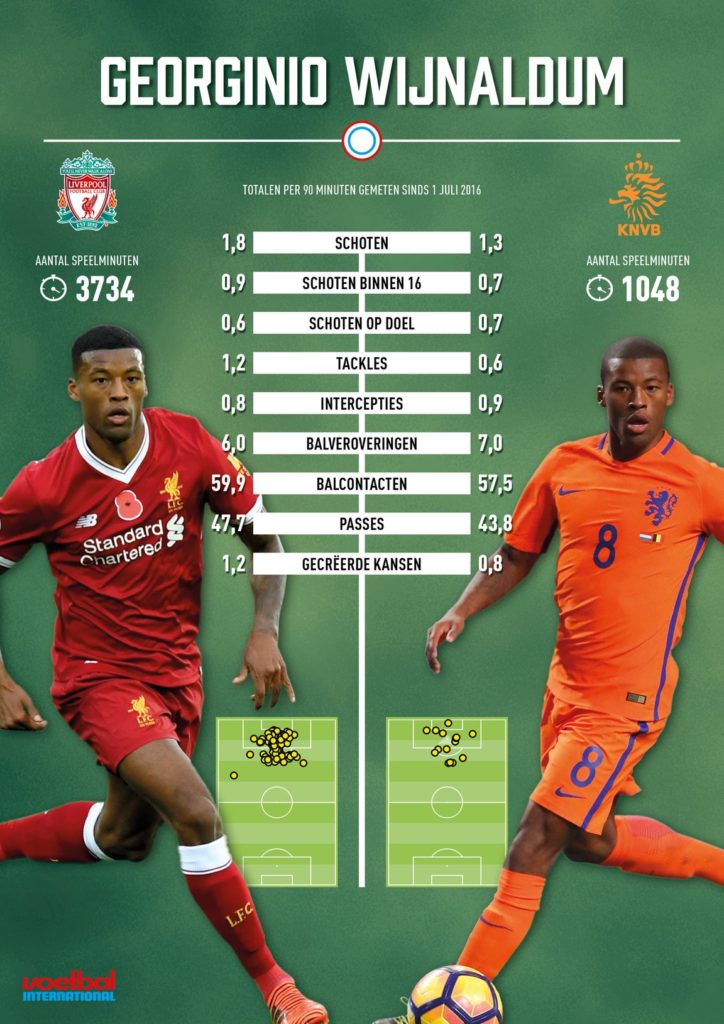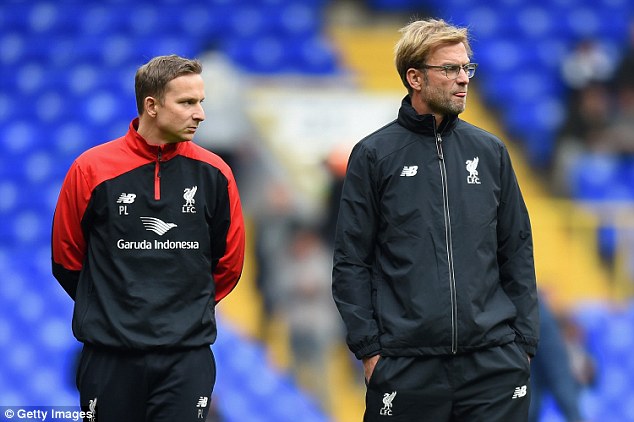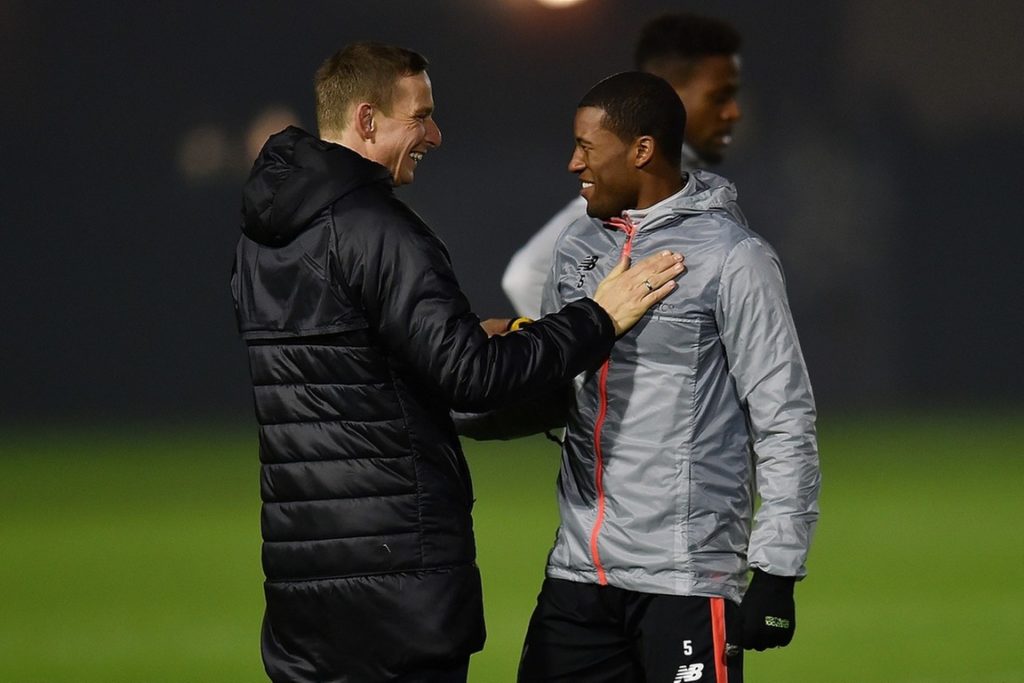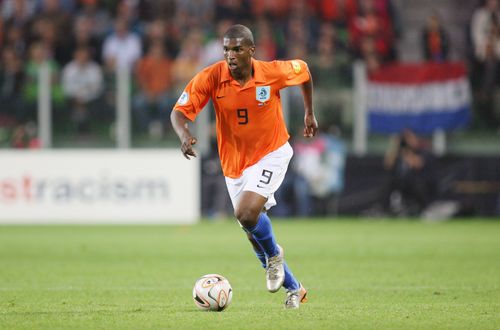Liverpool announced this Thursday the loan of Sepp van den Berg to 1. FSV Mainz 05 in Germany. The 21-year-old defender will return to Germany. The defender defended Schalke 04 last season, also on loan from Liverpool.
This will be the third time that Liverpool have loaned the young defender to other clubs. Initially, he was loaned out to Preston NE. Then it was time to head to Germany, where he defended Schalke 04 and will now return to wear the colors of 1. FSV Mainz 05.
Sepp van den Berg has completed a season-long loan move to Bundesliga side @1FSVMainz05.
Good luck for the season ahead, Sepp 👊
— Liverpool FC (@LFC) July 13, 2023
Herzlich Willkommen in Mainz, Sepp van den Berg! ❤️🤍 #Mainz05 pic.twitter.com/4H4B6phZpR
— 1. FSV Mainz 05 (@1FSVMainz05) July 13, 2023
Last season, he featured in just nine games for Schalke 04. With 1. FSV Mainz 05, he hopes to get more opportunities throughout the season. In the Netherlands, he played for PEC Zwolle before being sold to Liverpool in July 2019 for €1,900,000.

